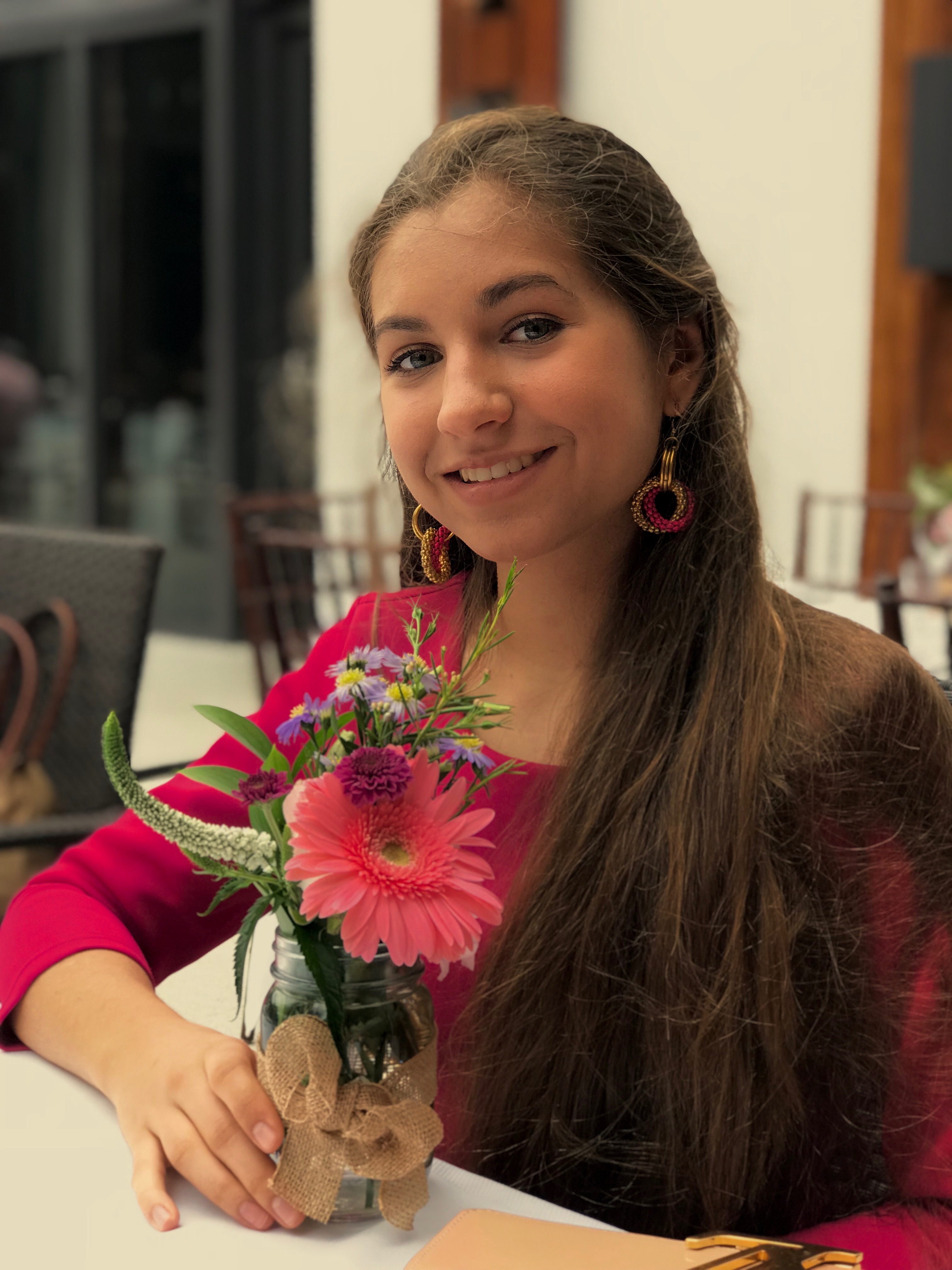Research Symposium
22nd annual Undergraduate Research Symposium
Elena Malchevskaya Poster Session 6: 2:30 - 3:15/Poster #54

BIO
I am from Fort Lauderdale, Florida, and I am pursuing a Psychology major and Child Development minor. I became interested in education research when I considered the methods that are used to teach children in schools and how their perspectives on learning are influenced by the responsiveness of their educators. Evaluating this relationship made me want to explore education-oriented research. I am interested in developing a career in research, writing for publications, or elementary education.
Exploring Science Teachers’ Perceptions About Co-Design Process Focused on Classroom Assessment Tasks
Authors: Elena Malchevskaya, Dr. Miray Tekkumru-KisaStudent Major: Psychology
Mentor: Dr. Miray Tekkumru-Kisa
Mentor's Department: Teacher Education Mentor's College: College of Education Co-Presenters: Sarah Ghali, Jennifer Lafortune, Samuel Domsch
Abstract
The Next Generation Science Standards (NGSS) is a set of education standards used across disciplines and grades in the United States to provide students with an internationally benchmarked science education rich in content and practice. The primary purpose of NGSS is to create a common standard for teaching in the U.S. and help in fostering a greater interest in science among students. Classroom-based performance assessments are embedded into classroom instructions to provide teachers with insight into how their students understand the material taught in class and monitor the development of their thinking skills. Three-dimension (3-D) assessments allow teachers to evaluate and monitor students’ progress during the course and use the evidence to offer targeted support catered to the student’s needs. While numerous states and school districts seek to find class-based performance assessments that support their goals for effective science instruction and NGSS guidelines, few quality assessments exist. This research introduces an accessible and receptive co-design process that focuses on five critical points that advantage their expertise. Seven 8th grade science teachers from an urban district participated in ten co-design meetings over six months. In this study, the teachers’ experiences regarding the co-design meetings and the way they perceived the co-design meetings were examined through the usage of interview protocol questions used to elicit teachers to think about their experiences during the meetings.
Keywords: Education Teacher Collective

